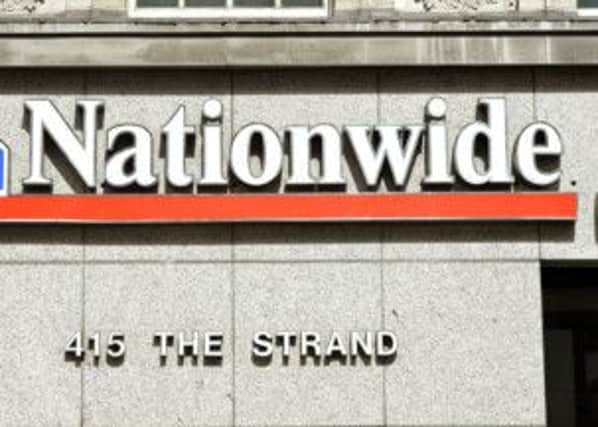The Bank defends stance on capital directive


Business Secretary Vince Cable has been turning up the pressure on the “so-called capital Taliban” at the City watchdog for imposing restrictions on lenders and holding back the economic recovery.
Nationwide has put on hold its plans to start offering loans to SMEs as it fights to meet tough capital requirements set out by the Bank of England, according to a report in yesterday’s Financial Times.
Advertisement
Hide AdAdvertisement
Hide AdThe report claimed that the lender, Britain’s biggest building society, is now unlikely to launch a full SME service before 2016, frustrating the Government’s hopes to increase lending to the credit-starved sector.
Nationwide said last month that it had agreed a plan with the watchdog’s Prudential Regulation Authority to increase the level of capital it holds against future losses, but this will not be met until the end of 2015.
A spokesman for Bank of England said last night: “The plan agreed with Nationwide to meet the 3 per cent leverage ratio in 2015 will not result in them restricting lending to the real economy.
“Therefore, it is wrong to blame their SME decision on the regulator.”
Advertisement
Hide AdAdvertisement
Hide AdThe Bank of England has ordered the UK’s main lenders to raise billions of pounds of new capital to plug a hole in their finances.
Critics claim that in striving to meet the new targets, banks and building societies will have to slow new lending to households and small businesses.
The Business Secretary is not the only Government figure to express frustration with the Bank’s approach. The Chancellor George Osborne is said to share his view; one Treasury official said it was hoped that the new Governor Mark Carney would rein in the “jihadist” tendency against the banks.
Nationwide announced its plans to enter the SME lending market in May last year to provide credit “to an important part of the UK economy”.
Advertisement
Hide AdAdvertisement
Hide AdGraham Beale, chief executive, said at the time he was confident that there would be sufficient demand.
“We’re already a lender to the commercial real estate sector, we’ve been asked by customers to provide them with a corporate lending facility,” he added.
“We just feel it’s a natural extension of what we can do.”
In response to yesterday’s reports, a spokeswoman for Nationwide played down suggestions of a delay and said it had never put a timescale on the launch.
He added: “We have previously indicated our strategic intention to enter the SME banking market.
Advertisement
Hide AdAdvertisement
Hide Ad“We have said that we will do this at the right time for the society and its members and that remains our intention going forward.”
The Bank has been embroiled in a row with Barclays over the rules after the lender’s chief executive Antony Jenkins suggested the group may be forced to “restrict” lending to meet the stringent new demands.
Barclays has since backed down, insisting on unveiling a £5.8bn investor cash-call last month to boost its reserves that the action would not impact aims to increase lending to businesses and households.
Mr Beale has previously criticised the Bank’s leverage ratio rule as a “crude instrument which will be a constraint for low-risk lenders (and) too lenient for high-risk lenders”.
Advertisement
Hide AdAdvertisement
Hide AdWeeks later the building society was given vital breathing space by the regulator on meeting the tougher standard, when the PRA approved its capital-raising plans and gave it until the end of 2015 to increase its leverage ratio from 2 per cent.
At the time Nationwide did not say how it will bolster its capital levels, but its plans do not involve raising extra funds from investors.
A spokesman for the Treasury pointed the Yorkshire Post to correspondence from the Chancellor to the Bank of England, which sets out the regulator’s remit.
Mr Osborne said there may be short-term trade-offs between the primary objective of addressing sources of systemic risk and the secondary objective of contributing towards sustaining economic growth.
Advertisement
Hide AdAdvertisement
Hide AdHe warned the watchdog to take into account the impact of its actions on the near-term economic recovery.
The Bank of England said lending to small businesses increased by £238m between May and June, representing the biggest rise since the data was first recorded in 2011.